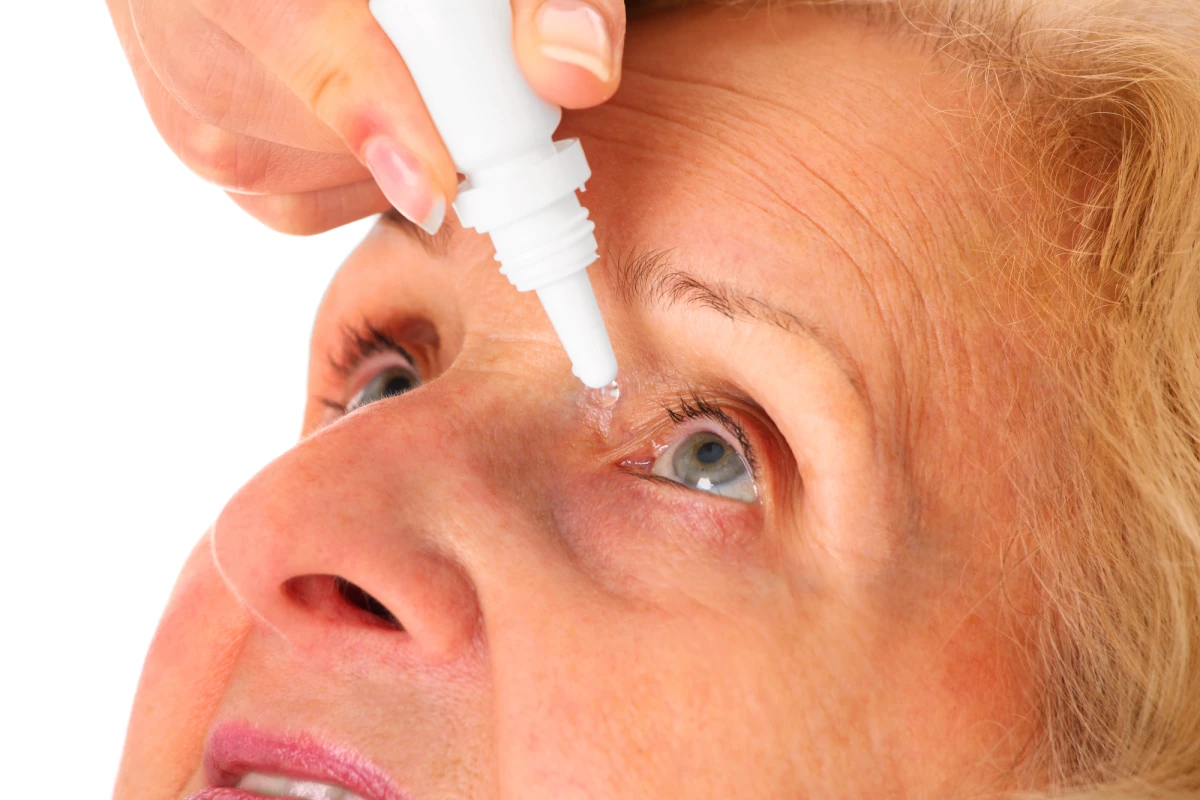If you don't like getting needles in the arm, imagine getting them in your eyes. That's what people with wet age-related macular degeneration have to do, but thanks to new research, those injections may soon be replaced by painless eyedrops.
Wet age-related macular degeneration occurs when abnormal blood vessels grow in the back of the eye, then damage the macula (part of the retina) by leaking blood into it. The disorder is one of the leading causes of blindness, and is typically treated with regular injections of medication that slows the growth of blood vessels in the eye. And yes, those injections go right into each eyeball.
Seeking a less invasive alternative, scientists at the University of Illinois Chicago have developed a compound that inhibits the activity of a protein known as End Binding-3 (EB3), which is present in the endothelial cells that line the inside of blood vessels. Importantly, the medication is applied to the eyes in drop form.
In tests performed on mice and monkeys with wet age-related macular degeneration, it was found that twice-daily doses of the compound stopped the problematic blood vessels from leaking, significantly reducing damage to the macula within two to three weeks.
What's more, the EB3 inhibitor also reportedly reversed aging-related eye problems in which changes in gene expression lead to inflammation and hypoxia (lack of oxygen). The medication restored gene expression to what is described as a normal, healthy state.
"We reduce the effects of the stressor on endothelial cells and we improve regenerative processes, accelerating healing," said the lead scientist, Assoc. Prof. Yulia Komarova. "That can be tremendous for the function of the cells."
Komarova and colleagues are now looking into the possibility of using special contact lenses to automatically release the EB3 inhibitor into the eyes over time, plus they're investigating the medication's potential use in the treatment of non-eye-related maladies such as stroke and heart disease.
A paper on the study was recently published in the journal Cell Reports Medicine.
And as an interesting side note, scientists at the University of Birmingham previously developed macular-degeneration-treating eyedrops of their own. They utilize a cell-penetrating peptide to carry existing drugs to the relevant part of the eye within minutes.
Source: University of Illinois Chicago




